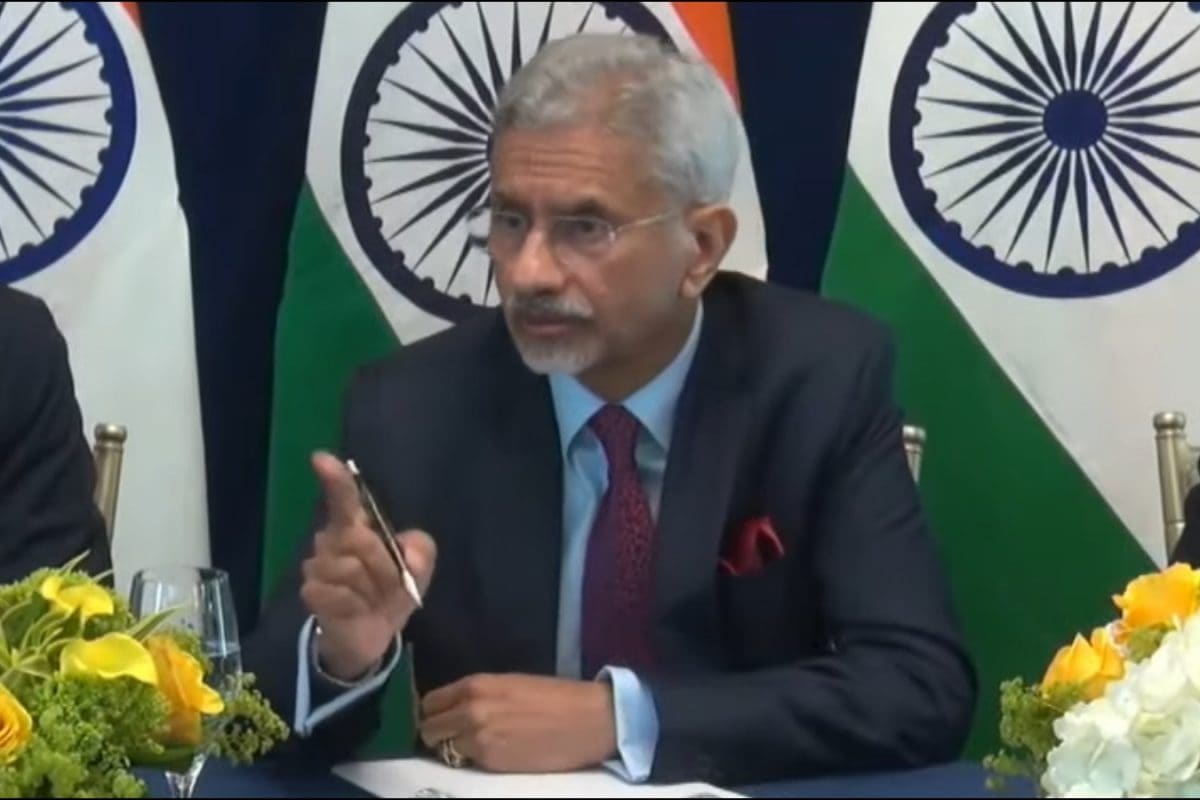

In the wake of the deadly Pahalgam terror attack in Jammu and Kashmir on April 22, 2025, External Affairs Minister S. Jaishankar asserted India's right to defend itself against terrorism while addressing Quad partners in Washington. The attack, which claimed the lives of 26 people, including tourists and a local resident, has sparked international condemnation and heightened tensions between India and Pakistan.
Jaishankar emphasized that the "victims and perpetrators" of terrorism "must never be equated" and that the world must display zero tolerance towards terrorism. He stated that India expects its Quad partners to "understand and appreciate" its stance on terrorism and its right to defend its people.
The Pahalgam attack involved five armed terrorists who targeted tourists in the Baisaran Valley near Pahalgam. The attackers, reportedly armed with M4 carbines and AK-47s, selectively targeted Hindu tourists, though a Christian tourist and a local Muslim were also killed. The incident is considered the deadliest attack on civilians in India since the 2008 Mumbai attacks.
The attack was claimed by The Resistance Front (TRF), an offshoot of Lashkar-e-Taiba (LeT), a Pakistan-based terrorist group. The TRF initially stated that the attack was in response to non-local settlement in the region following the revocation of Kashmir's special status. However, the group later denied its involvement.
India has accused Pakistan of supporting cross-border terrorism and blamed Pakistan-based insurgent groups for the Pahalgam attack. In response to the attack, India launched airstrikes targeting alleged terror camps in Pakistan, leading to a military confrontation between the two countries. Pakistan has denied any involvement in the attack and has called for an independent investigation.
The Quad foreign ministers, including those from the United States, Australia, and Japan, strongly condemned the Pahalgam terrorist attack and called for the perpetrators, organizers, and financiers of the attack to be brought to justice. They urged all UN member countries to cooperate with authorities to ensure accountability. The Quad reaffirmed its commitment to counterterrorism cooperation and unequivocally condemned all acts of terrorism and violent extremism.
Jaishankar described the Pahalgam attack as an act of "economic warfare" aimed at destroying tourism in Kashmir and provoking religious violence. He asserted that India would not allow nuclear blackmail to prevent it from responding to terror emanating from Pakistan.
The attack has had far-reaching implications, including heightened security concerns, a decline in tourism, and renewed debates over government policies in Jammu and Kashmir. The incident has also reignited tensions between India and Pakistan, leading to military strikes and a temporary suspension of the Indus Waters Treaty.
The international community has called for restraint and dialogue between India and Pakistan. The UK condemned the Pahalgam attack and reiterated its position that the dispute over Kashmir is bilateral and can only be solved through negotiations. The United States was reportedly a key broker in arranging a ceasefire between India and Pakistan following the retaliatory strikes.